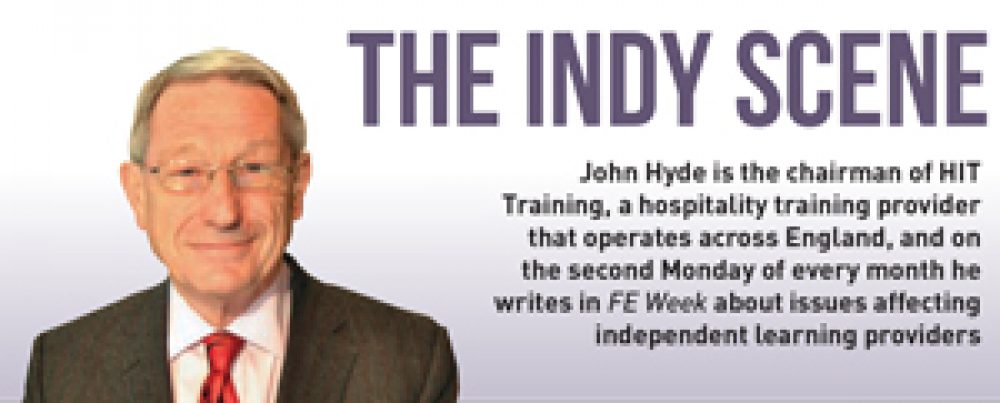Having spent the last four weeks in the Americas, primarily the Caribbean and Brazil, it was interesting to compare the impact of vocational education on the growth of their economies.
What struck me as interesting was developing countries, including China, India and most of South America, don’t have the hang-ups we have in the UK, and also the USA, between vocational and academic learning.
Despite overwhelming evidence we learn more at the workplace than school, college and university put together, when it comes to developing skills policy this seems to be forgotten and academia rules, unless of course you need a plumber, hairdresser or carer for your own mum.
This looks like being another turbulent year for apprenticeship providers with so many unanswered questions about Trailblazers, end assessments and the levy.
The timetable for moving from Specification of Apprenticeship Standards for England (SASE) frameworks to Trailblazer standards seems to have stalled, delayed or even been abandoned. The minister has told some employers they can retain their framework if they want to.
All participating employers knew what a SASE framework entailed, whereas each Trailblazer standard is unique with very different delivery and content requirements.
So employers who operate over several skill areas, even if their main occupation is ,say, manufacturing, will have clerical, or warehousing, or sales, or accounts, or maintenance apprentices all undertaking a very different type of apprenticeship not just with different vocational skills, but different delivery, assessment and end-testing requirements.
This will create difficulties for providers who operate over several sectors and for Ofsted inspectors to understand the vagaries of each standard. At least there now seems to be a glimmer of hope for standardisation with the realisation, led by Nigel Whitehead, that the National Occupational Standards (NOS) should still have a role. The NOS are the only common language we have to define vocational skills across all sectors.
There now seems to be a glimmer of hope for standardisation
Ironically, Trailblazer standards do not require formal qualifications, unless employers’ want them, resulting in the demise of awarding organisations (AOs) from apprenticeships.
However with the complex end assessment testing being devised by the various employer groups, AOs see themselves as the only party in town to undertake this, and in the hospitality sector have secured the monopoly.
End-testing with exams, interviews, projects, practical skills tests, etc, are estimated to cost on average a third of the total apprenticeship funding. So one of the unintended consequences of the Hancock/Richard reforms is AOs, instead of earning less than £100 per apprentice, will now be earning thousands. All this, without any pilots or cost analysis as to whether this will actually improve apprenticeship quality and provide better results than the current system, or any ‘value for money’ evaluation.
Without formal qualifications in place, there will be no government regulator to oversee the AOs’ role in end-testing, at least until the first scandal.
This calendar year will be full of changes for providers, nearly all of them of government’s making, to be ready for the levy in 15 months’ time and Trailblazer standards — if and when frameworks are withdrawn.
For leaders in the sector it will require some second-guessing and smart moves to keep ahead of the game when so many policy decisions, especially regarding the levy and small and medium-sized enterprise contributions have to be made. At the same time we have to ensure our staff are prepared for the changes, our clients informed and our learners motivated as we continue to grow to play our part in the 3m starts target.
Cynics might suggest the reason the levy was introduced was to allow apprenticeships to continue to be funded without Brussels monies, if the referendum takes us out of the EU.









Your thoughts